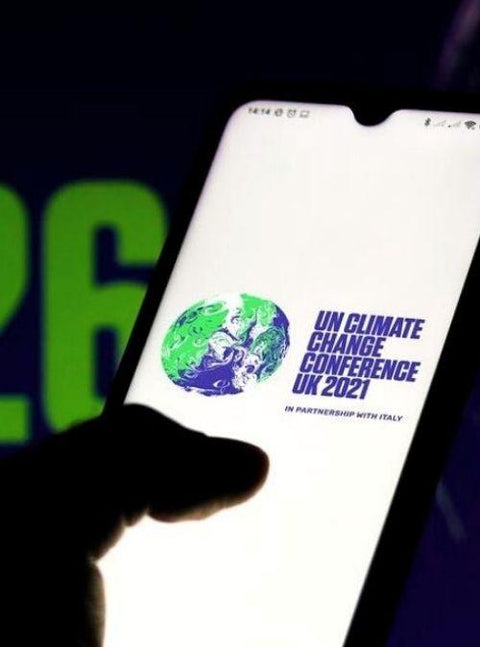Queensland-based recycling centre and social enterprise, Substation 33, is brewing hot, delicious coffee with the power of landfill-bound electronic waste. Let’s take a look at how this e-waste recycling centre is creating opportunities for disadvantaged Australians and promoting digital literacy throughout the Pacific Islands — all while preventing e-waste from ending up in landfill!


The Coffee Van Features 1,000 Laptop Cells & 13 Solar Panels
This e-waste powered coffee van is truly one-of-a-kind. The hard-working volunteers at Substation 33 recovered thousands of battery cells from discarded laptops to create a fully-functioning battery. The e-waste powered device — capable of powering a small two-bedroom home — has over 1,000 recycled laptop cells and 13 solar panels.
So, how did it all come together? According to PowerWells co-founder Brad Clair, many people are unaware that old laptop batteries can be deconstructed and reconfigured to create a new battery. “Typically in a battery, you will have six 18650 cells, which are kind of like double AA batteries. When one or two of them die, it makes an entire battery pack useless, but you can take out the remaining good cells,” explained Brad.


The Coffee Van Provides Hospitality Students With Barista Experience
Substation 33 is doing a whole lot of good for the community — in addition to occasionally offering free coffee at fundraising events! The e-waste recycling centre and social enterprise run volunteer programs to teach people how to repair e-waste.
These programs offer up new skills and provide employment opportunities for disadvantaged people in the community. “A lot of companies, individuals and schools bring their old e-waste here, and then there is an opportunity for people to learn some new skills,” Brad Clair said.
The coffee van was made by volunteers at Substation 33. It's often seen at community events and fundraisers, where YMCA hospitality students gain work experience operating the van.


E-Waste Recycling Is Helping 18,000 Students In Papua New Guinea
Earlier this year, Substation 33 supported a digital literacy program for more than 18,000 students in Papua New Guinea (PNG). The program is run by LiteHaus International — a Townsville-based organisation that improves digital literacy for people in Australia and the Pacific Islands.
LiteHaus International worked closely with Substation 33 to ship out 300 fully-recycled computers from Queensland to students in PNG. It was there biggest project to date!
Most students living in remote villages have never seen a computer before. By placing the tools to learn at their fingertips, end-of-life devices get a second lease on life and students have digital learning opportunities.


Substation 33 Creates E-Bikes & Charging Stations From E-Waste
Substation 33 are proving that the possibilities for recycled e-waste are endless! In 2020, Australians generated around 539,000 tonnes of e-waste. The majority of this “waste” contains valuable resources like gold, silver, platinum, nickel, zinc, aluminium and copper.
Substation 33’s projects vary — ranging from electric bikes (e-bikes), mobile phone charging stations, 3D printers, Bluetooth portable speakers — to “smart” vertical gardens that measure light, temperature, moisture and fertiliser levels.
These projects are designed to help the community, especially the disadvantaged, disabled, homeless, and poor. For example, mobile phone charging stations at homeless shelters.
The phenomenal team at Substation 33 are improving lives in Australia and overseas, helping the community, and preventing e-waste from polluting our planet. If you see the e-waste powered coffee van pop up around Brisbane, make sure you grab a coffee and thank the volunteers for their amazing work!
If you have any e-waste that you’d like to donate, head to Substation 33’s website for more information. Doing so will provide meaningful opportunities for disadvantaged people and prevent harmful e-waste from entering landfill. It’s a win-win!
We love seeing initiatives that help people and the planet. For more inspiring examples, head to our Eco News category and check out the blogs below.
These Solar-Powered Inventions Are Lifting People Out Of Poverty
These Recycled Plastic Belts Help Coastal Communities In Indonesia
Thread Together | Clothing Australia’s Vulnerable Communities

